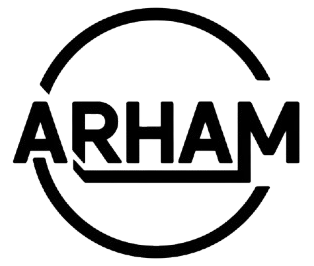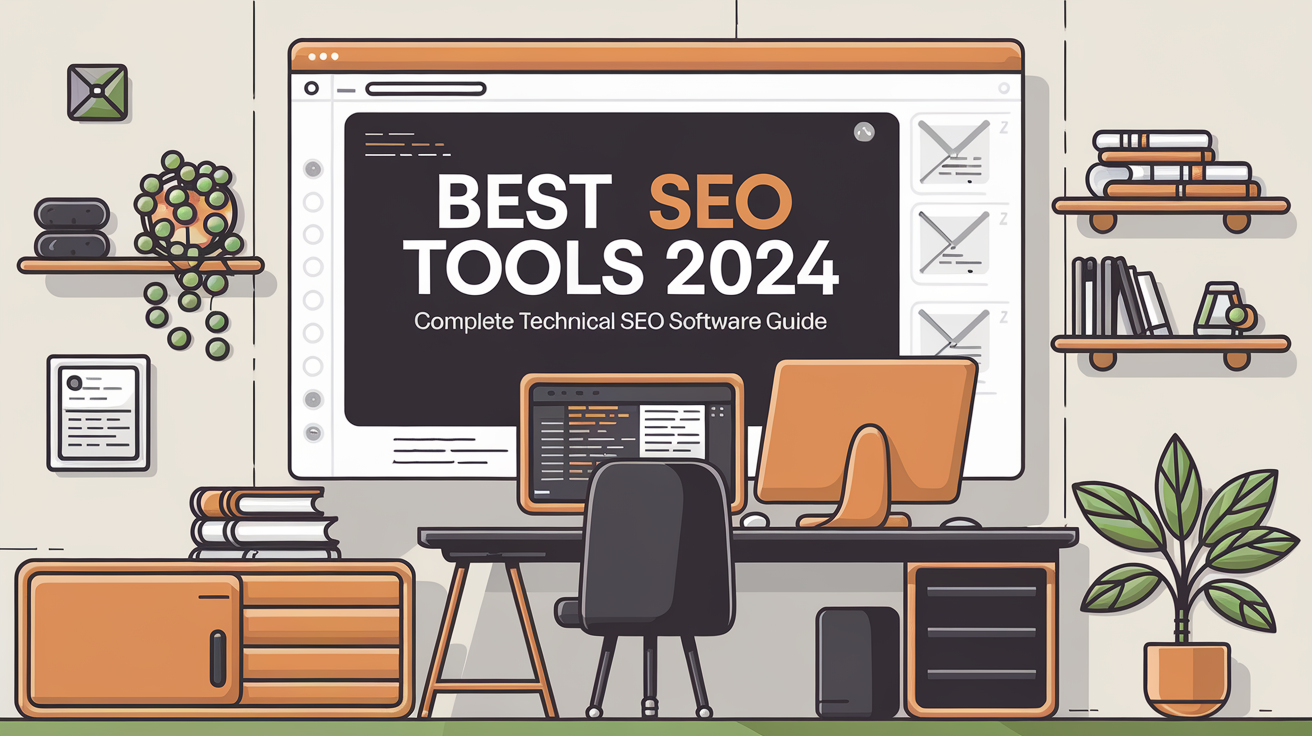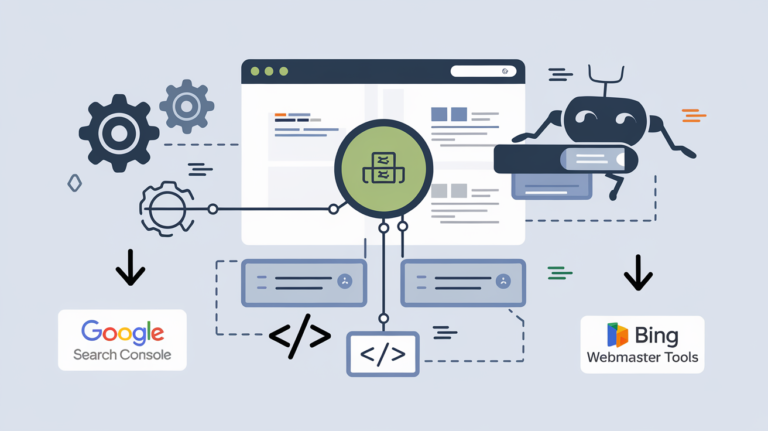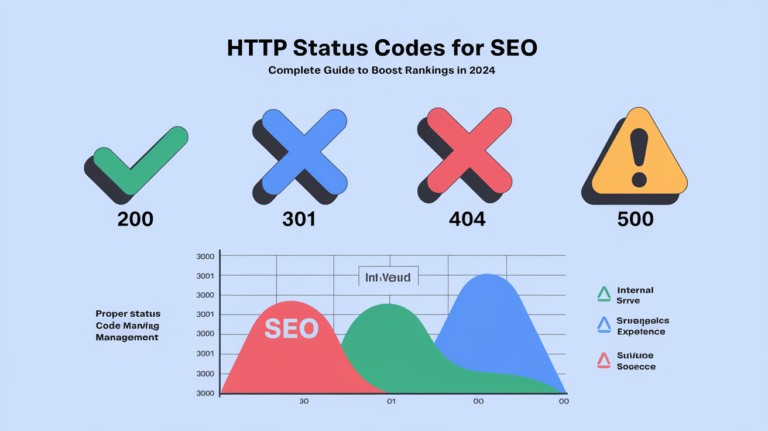Best SEO Tools 2024: Complete Technical SEO Software Guide
Did you know that 75% of SEO professionals use at least three different tools in their daily Workflow? Having tried dozens of SEO tools over the years, I will definitely argue that the right software stack might just make all the difference between good and great SEO. In this holistic guide, we’ll dive into the best SEO tools for 2024, while also focusing strongly on their technical optimization capabilities that will get your website performance going for real. Whether you’re a seasoned pro or just starting out, finding the perfect SEO toolkit shouldn’t feel like looking for the needle in the haystack.
Essential Technical SEO Audit Tool
Technical SEO audits are best done when equipped with the proper tools. If it’s about website architecture, crawlability analysis, and performance, then Screaming Frog and Sitebulb will never be wrong, but which one is better?
Screaming Frog: Many people’s favorite and for good reason-this is a more robust crawler of websites that will go deep into the depth of your site, showing where things are broken: links, redirect chains, issues with metadata. It identifies crawl budget optimization, canonical tag errors, and more. It’s also very fast and works great on websites of any size.
Sitebulb, on the other hand, offers a much more visual and in-depth perspective. It provides technical SEO errors via easy-to-understand graphics, thus making it quite easy to recognize the problem within teams. It also has special features like internal link analysis and crawl depth tracking, which are very critical in finding deeper issues with SEO.
Now, for enterprise-level capabilities, Deepcrawl will be your friend. It is one of the best for huge audits, providing insights on log file analysis, schema markup validation, and JavaScript crawling. It is fitting for big sites relying mostly on dynamic content. On the contrary, JetOctopus offers specialized solutions for such tasks as JavaScript crawling and broken link checking-turning it into a perfect solution for websites that highly value modern web technologies.
If one is an undecided user between the Cloud-based and desktop toolset, then they should consider that the cloud-based solutions can handle larger volumes smoothly without sluggishness to their machine. On the other side are desktop crawlers, like Screaming Frog, which offer a lot of control and flexibility to create custom setups. Take your pick, depending on the size and complexity of your site.
Pricing is also very important. With Screaming Frog, for example, you can get licenses pretty cheaply on an annual basis, whereas Deepcrawl is towards the higher end but actually very justifiable with features that cater to enterprise.
Website Performance Monitoring Tools
Keeping your website’s performance in check is key for maintaining strong search engine rankings, and among the best monitoring tools are GTmetrix and PageSpeed Insights.
GTmetrix: A strong performance analyzer that provides highly detailed views of site speed, further optimizable to get better Core Web Vitals-like loading speed and visual stability. Its insight capability-from content rendering to server response time-is so important to site speed.
Pagespeed Insight: This is Google’s official performance tool that breaks down the crucial metrics of performance. It also offers some suggestions for improving your page load time along with mobile SEO. It comes in really useful for those who are trying to find issues regarding mobile-first indexing or see if their site is meeting the standard of modern web criteria.
To stay ahead, you also need tools that will provide real-time performance alerts to help you monitor server downtime, slow load times, and even AMP validation. You will want to monitor your DNS monitoring, SSL certificates, and security scan to keep ahead of any unexpected drops in performance or security.
Lighthouse and WebPageTest will provide comprehensive analyses of how your site fares on different devices for mobile performance tracking; this way, it’s guaranteed to be mobile-responsive for each visitor.
Schema Markup and Structured Data Tools
If you want to stand out in search results, leveraging schema markup is critical. This is where structured data tools come into play.
Schema Markup Generators: Merkle Schema Markup Generator and Google’s Structured Data Markup Helper are tools that will help you create JSON-LD or microdata for your site to better help the search engines understand the context. This is particularly useful if you’re looking to rank within some of the rich results including things like rich snippets.
Tools for the Implementation of JSON-LD: You can also explore other more professional ways to implement the structured data on your pages. Other tools, such as Schema App, will give you even continuous monitoring of structured data so that nothing breaks over time.
Don’t let the schema validators fall by the wayside. Tools such as Google’s Rich Results Test enable you to ensure your structured data doesn’t contain any errors and tools such as Ahrefs and Semrush allow you to monitor your schema via their site audit toolsets.
XML Sitemap and Robots.txt Tools
One of the most important elements of technical SEO is actually getting your website crawled. This starts with your XML sitemap and with your robots.txt files.
Sitemap Generators: Some tools, like Yoast SEO and Screaming Frog, automatically generate your XML sitemap on behalf of your website to ensure that search engines crawl your website efficiently. If you operate a sizeable website, you may find dynamic sitemap managing tools necessary; it will refresh your sitemap whenever new content is added.
Validators for Robots.txt: You do not want to accidentally block crawlers from crawling your important pages. Validators like Google Search Console or any other Robots.txt Checker will help set your robots.txt file correctly.
It’s equally relevant to regularly monitor your sitemap and robots.txt files. Tools like Sitebulb and JetOctopus send you notifications about errors in your sitemap or in case there’s something wrong with your robots.txt configurations. Large sites, especially, need that kind of robust monitoring so as to ensure no part of the website has been left behind during its indexing.
All-in-One SEO Platforms
They have got your back covered if you are looking out for a complete SEO toolkit with Ahrefs, Semrush, Moz Pro, and SE Ranking. All these below-mentioned platforms have in-depth technical SEO audit tools, site structure analysis, detection of broken links, and indexability checks.
Ahrefs: While well-liked for its powerful backlink analysis, Ahrefs has solid technical SEO features that make sure you find out about problems in hreflang validation, meta robots tags, and many other areas.
Semrush: It’s an all-rounder that really excels in site audits, providing insights into everything from structured data testing to site migration tools.
Moz Pro: Another popular choice, Moz Pro offers a full range of features, from crawl budget optimization to advanced log file analysis.
SE Ranking is ideal for smaller to medium-sized businesses. It fuses technical analysis tools with strong reporting functionality, turning the platform into an excellent solution for cross-browser testing, monitoring progressive web apps, and even mobile responsiveness testing.
When selecting an all-in-one platform, you are best considering your website size, business needs, and budget. Enterprise SEO platforms are much more feature-rich, though mid-market solutions should suffice for smaller websites. Whichever one you choose, these make great starting points to give a boost to your site’s technical SEO health.
Conclusion
Investing in the right SEO tool will help you keep your website technically sound. Based on our comprehensive testing, we can say that a dedicated crawler with an all-in-one suite is the best technical SEO coverage in any setup. Keep in mind that needs and budget are specific when considering an appropriate solution. Ready to level up your technical SEO? Get a free trial of our top recommendations!




